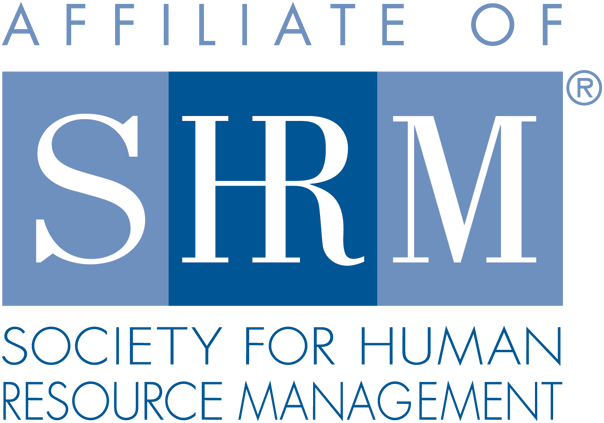
| Past Issues | Advertise | www.nehra.com | insights archive |
SHRM - HR Technology Q&A with Paul Wolfe
![]() Print this Article | Send to Colleague
Print this Article | Send to Colleague
The following is a Q & A with Paul Wolfe, senior vice president of HR at Indeed, conducted by Mary Kaylor, manager of Public Affairs at SHRM. Read this article and much more at the SHRM Blog.
Q. Which new type of HR technology is most revolutionizing the HR profession?
Engagement and real-time statistics and information are key to the future of the HR profession. Instead of making decisions on static information, we have more and more access to instant feedback from employees, so instead of making decisions on how people felt months ago, we can get a sense of how they’re feeling today.
Q. What do you want HR professionals to understand about the process of selecting HR software? What are the key considerations?
It’s important, first, to figure out your requirements and whether the technology platform meets your needs. Those that can meet your requirements, and even add some extras, should go to the top of the list. You should also think about integrations, as everything you do now within a technology platform has to integrate with your other systems.
Q. What important questions should HR professionals ask HR technology vendors in the selection process?
It’s important not just to focus on the product you’re selecting, but what the vendor’s road map is going forward. Will they be developing products you’ll want to have in the future? Will your relationship go beyond just the one product so you can continue to get value with them?
It’s also important to ask about their service model. Do they serve companies of your size, and if not, is there any advantage you can gain from being a unique customer for them? Also, who will you be dealing with when you call with a problem? Someone from the vendor, or is help and support outsourced?
Q. What are the biggest challenges to employee adoption of new HR technology and what advice would you give to HR professionals to ensure that employee adoption of new HR technology is successful?
There are a couple of major challenges for adopting new HR technology today.
1. When you have an existing piece of technology that staff is using — or not using very much, as the case may be — it can be a challenge to transition them to a new system. You have to sell the new platform in a way that makes it exciting. That will help prompt employees to start using the new tool even if they didn’t use the last one. It’s easier, of course, if you’re starting from scratch and are introducing a new system.
2. It takes work to track how a new technology is useful to employees and quickly following up to show them results. If you can’t show people that a new tool is beneficial, it’s hard to get them to buy in. But when you can follow-up with real data and results, it’s beneficial to the company at large.
Q. As technology evolves, what do you think the future of HR will look like?
The future of HR technology will help to automate the more repetitive, mundane, and time-consuming tasks so they don’t require as much of a human touch. With this progress, HR professionals and employees can spend more time engaging with people, as well as using data and insights to help the business be as successful as possible.
